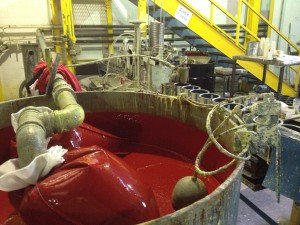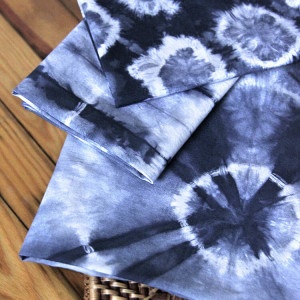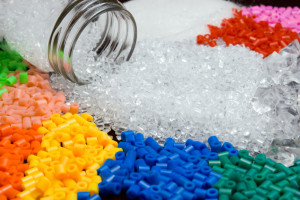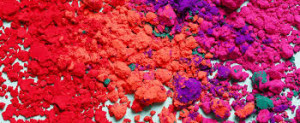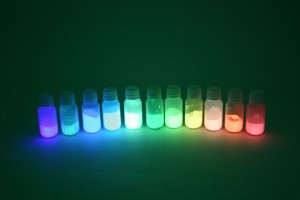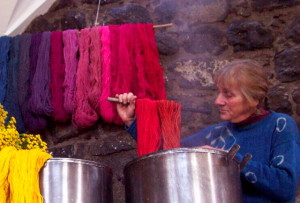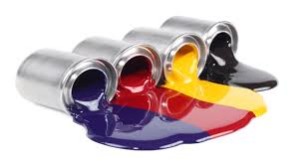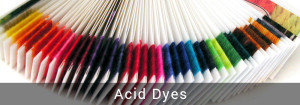
Water is a scarce resource and should be used with minimum wastage both in household and industrial applications. Today, along with reducing the carbon imprint it has become utmost essential to sort out the water management problem. Scarcity of water and water pollution can derail your production process or the supply chain, lead to fights with other water users or damage corporate reputations.
Problems of large water consumption are closely related to the textile industry which has become a global industry in today’s times. Textiles adorn every single item of your daily life right from high fashion apparels and furnishings to the filters in your washing machines and vacuum cleaners. However, the same textiles leave maximum water footprints on Mother Earth and pose a big problem to the delicate ecological balance.
Polyester and cotton, two largest mass marketed textiles require large amounts of water in their dyeing process. Dye houses in the country not only consume huge quantities of water for the purpose and but also discharge large amounts of harmful effluents into rivers or the local streams. Using water friendly technologies or having efficient water management systems in place is one of the biggest challenges faced by the textile industry. It is essential for the industry to undertake major steps to mitigate the environmental harm that is being caused by the dyeing process which uses various dyes such as acid dyes manufacturers, reactive dyes manufacturers, vat dyes manufacturers, basic dyes etc.
Some steps in this regard have been undertaken by several manufacturers. One way is to reduce the dye-to-water ratio, however, the answer to this lies in the mechanisation of the factory’s manufacturing processes. Moreover, the natural fibres pose much of a problem for adopting waterless dyeing methods. Polyester can be coloured in airless environment where dyes are dispersed throughout the material under pressurized high heat. Wool and cotton however, undergo damage if they are passed through this environment.
Inspite of this, several companies have undertaken efforts in reducing water consumption to a great extent in dyeing natural fibres. One effort taken in this regard was changing the molecular structure of cotton such that it permitted the dispersion of dyes throughout the fabric using very less amounts of water. Energy as well as water consumption are said to have been drastically reduced with this technology.
Another technique used is to embed textile dyes within the fabric, all the while using air for the dye dispersion process. Yet another method that has found acceptance in the industry is use of pressurized and compressed carbon dioxide to disperse dye within the fabric. The carbon dioxide which is held in chambers of stainless steel assumes liquid-like properties. After the dyeing process is complete the carbon dioxide takes on its gaseous form and separates from the dye within the fibres. The dye within the fibres condenses and the carbon dioxide is recycled and used again for the dyeing process. However, this is simply said than done as the investment required for the technology is still huge.
Nevertheless, many large companies are aggressively finding ways and means to reduce or eliminate water consumption in their dyeing process and the day when all manufacturers use water-less or near-water-less technologies for dyeing will not be far off.


